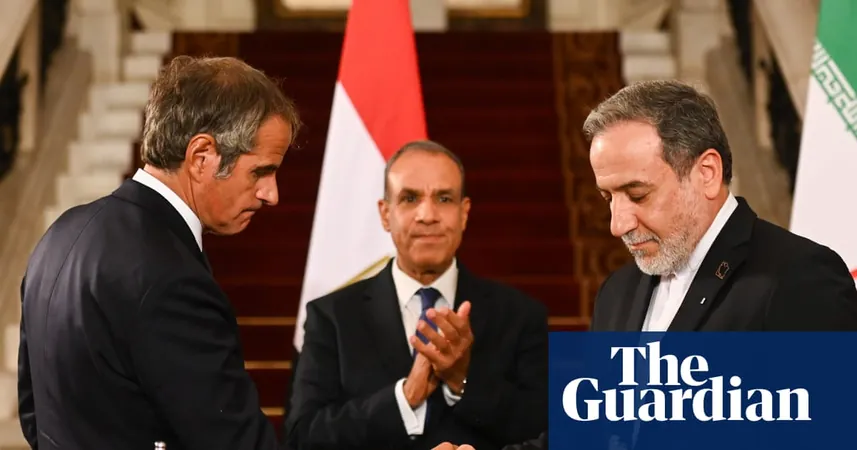
UN Inspectors are Back in Iran: A Game-Changer for Nuclear Diplomacy!
2025-09-10
Author: Benjamin
In a groundbreaking development, Tehran and the UN nuclear watchdog have sealed a deal that permits UN inspectors to reassess all of Iran's nuclear sites, including those targeted by Israeli and American airstrikes last June. This significant step signifies a shift in the tense nuclear landscape.
Rafael Grossi, the Director General of the International Atomic Energy Agency (IAEA), announced this agreement following a high-stakes three-hour meeting with Iranian Foreign Minister Abbas Araghchi in Cairo. Grossi emphasized the importance of this accord, marking it as a vital move towards diplomacy, but he hinted that the full details would remain under wraps.
European leaders had stipulated the return of UN inspectors as a prerequisite to postpone stringent sanctions on Iran, set to be reinstated at the end of the month. This deal could pave the way for more diplomatic engagement and may ease rising tensions.
Despite the landmark agreement, the political climate in Iran remains charged. Some parliamentarians are clamoring for details, but their demands are complicated by the current three-week recess. Araghchi assured that the agreement respects Iran's legislative framework, indicating that necessary approvals have been secured.
However, hurdles remain. Iran had previously passed legislation restricting UN inspectors without assurances of future safety for its nuclear facilities from potential US or Israeli attacks—conditions that the UN cannot guarantee. Grossi acknowledged that restoring inspector access would be neither simple nor instantaneous, yet the agreement permits access to all facilities and includes necessary reports on those targeted in attacks, specifically highlighting Iran's stockpile of 60% enriched uranium.
Grossi expressed cautious optimism, noting Iran's commitment to remain part of the nuclear non-proliferation treaty, a move that bolsters inspection protocols. He underlined the necessity of dialogue, stating that the signing of this agreement could signal a path towards diplomatic resolutions in the fraught nuclear scenario.
One of the primary concerns for Iran is the IAEA's potential to relay information back to the US or Israel, increasing the risk of military action against its nuclear sites. While no independent evaluation has confirmed the extent of damage caused by prior strikes, suspicions linger that Iran is still pursuing nuclear weapons capabilities in secret.
European Union Foreign Policy Chief Kaja Kallas remarked that if implemented swiftly by Iran, this agreement could herald a transformative moment for nuclear diplomacy.



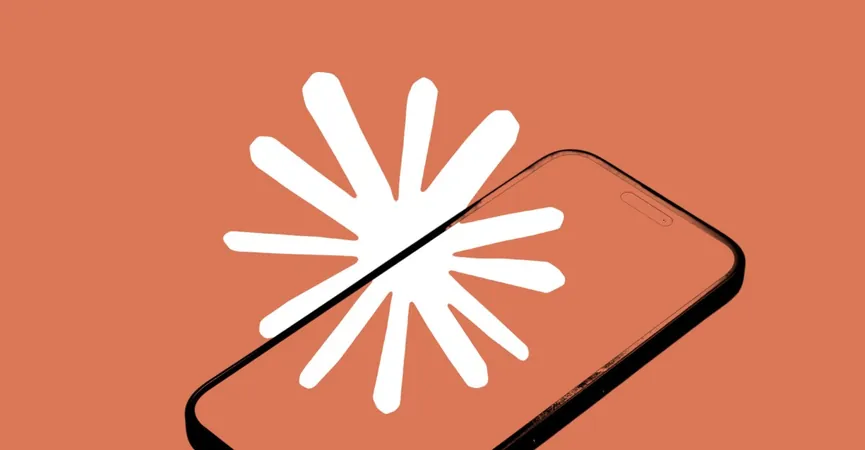


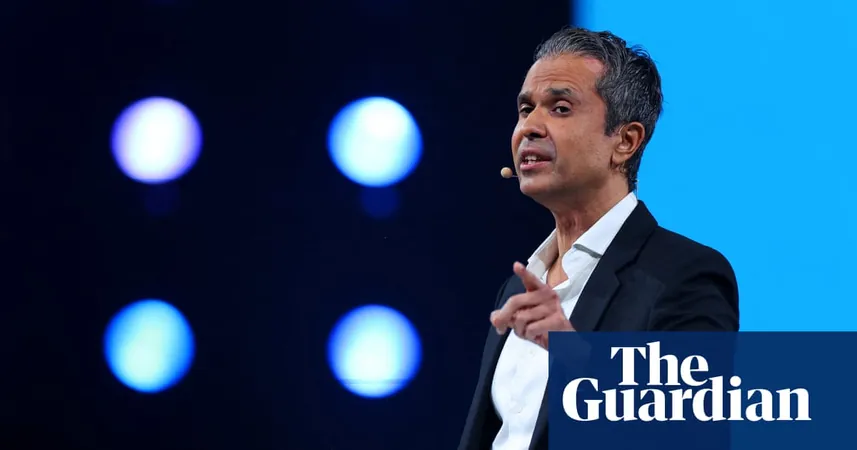
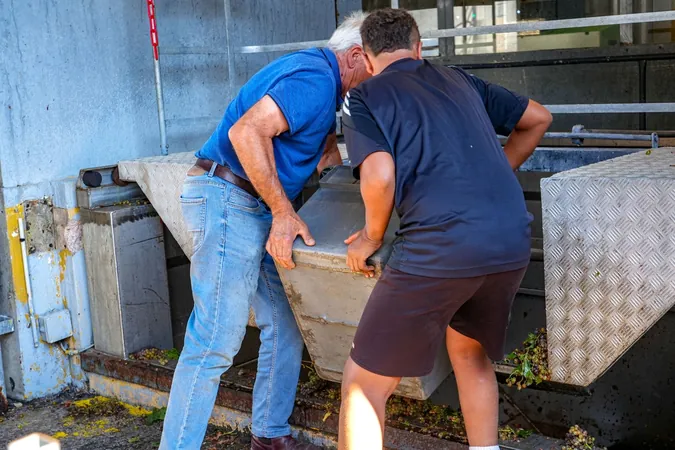
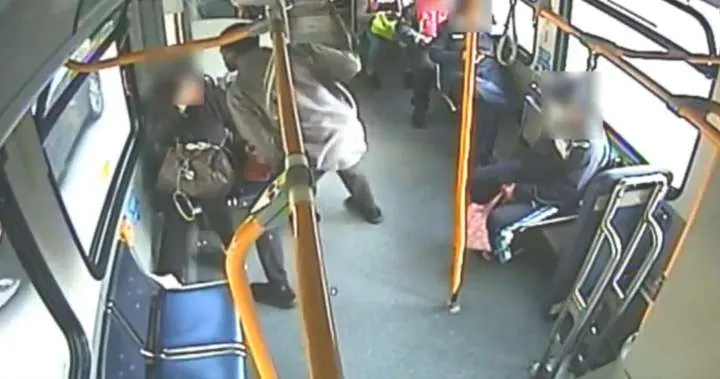
 Brasil (PT)
Brasil (PT)
 Canada (EN)
Canada (EN)
 Chile (ES)
Chile (ES)
 Česko (CS)
Česko (CS)
 대한민국 (KO)
대한민국 (KO)
 España (ES)
España (ES)
 France (FR)
France (FR)
 Hong Kong (EN)
Hong Kong (EN)
 Italia (IT)
Italia (IT)
 日本 (JA)
日本 (JA)
 Magyarország (HU)
Magyarország (HU)
 Norge (NO)
Norge (NO)
 Polska (PL)
Polska (PL)
 Schweiz (DE)
Schweiz (DE)
 Singapore (EN)
Singapore (EN)
 Sverige (SV)
Sverige (SV)
 Suomi (FI)
Suomi (FI)
 Türkiye (TR)
Türkiye (TR)
 الإمارات العربية المتحدة (AR)
الإمارات العربية المتحدة (AR)